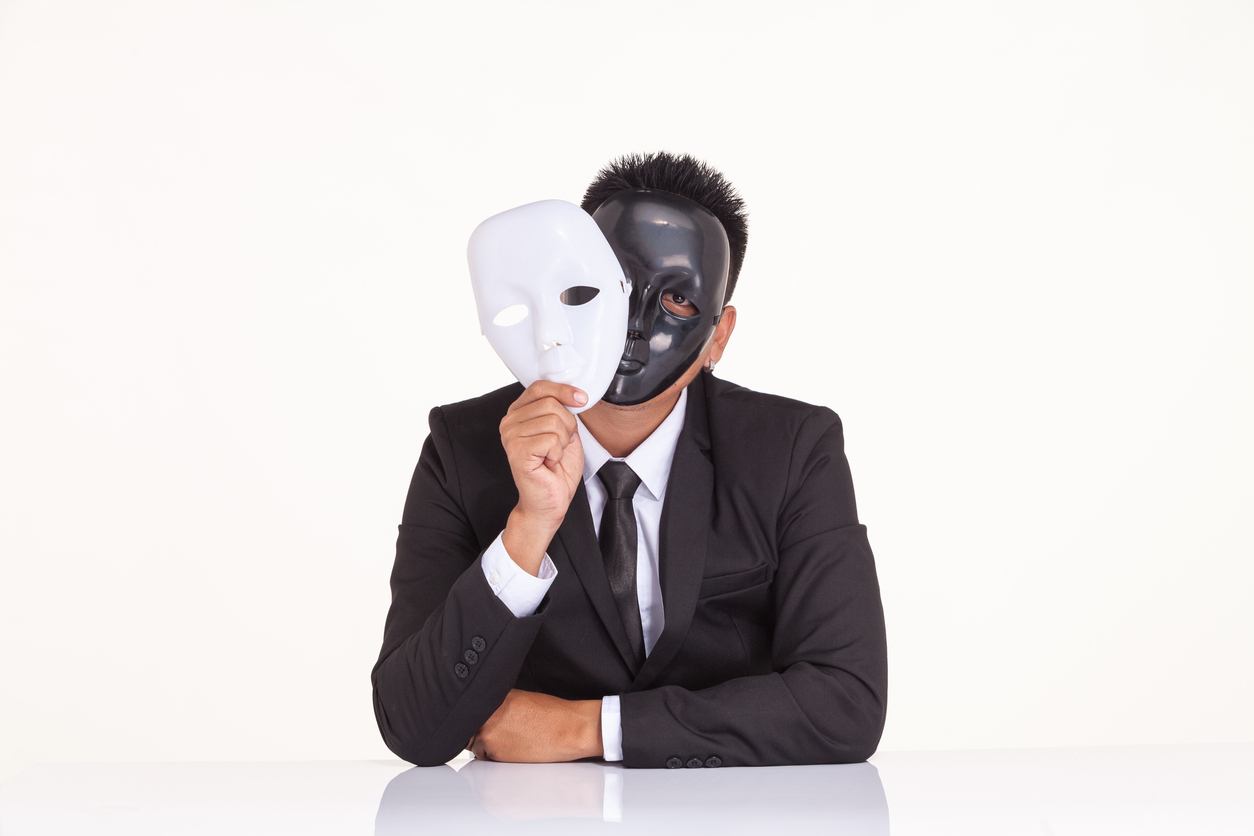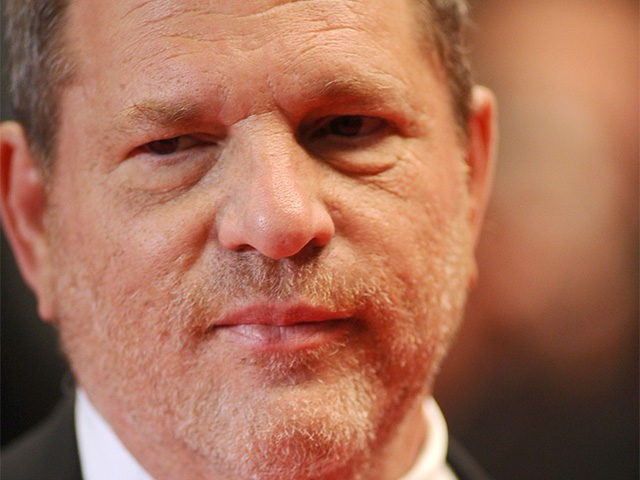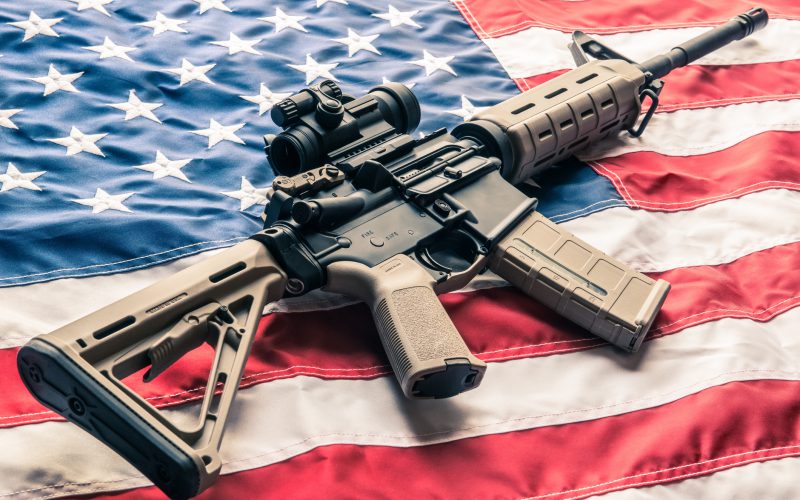A few days ago
Abdelkader Merah, the brother of the Islamic terrorist who gunned down four Jews in Toulouse in 2012, went on trial, charged with complicity in terrorism. "Beginning in 2012, we entered an age of terrorism, where before we believed ourselves protected; it was a turning point in French history",
said Mathieu Guidere, a professor of Islamic studies in Paris.
Since then, France has faced severe challenges by Islamic fundamentalists in Europe. French President Emmanuel Macron is now trying to manage a terrible situation: some 350 Islamic terrorists
currently sit in prisons; 5,800 are under police surveillance; an
additional 17,000 have been classified as a "potential threat", while since 2015,
more than 240 lives have been lost to jihadi terrorists.
It seems that France has decided to accept what it might see as unavoidable: the Islamic takeover of parts of the country. This view is reflected in the very idea of a "state of emergency". France's lower house of parliament just passed a
new anti-terrorism law, taking measures which have been in place for two years under a previous "state of emergency" and enshrining them into law.
After the murderous January of 2015 attack on the offices of the satirical magazine
Charlie Hebdo, Macron's predecessor, President François Hollande, officially declared that "
France is at war". Until now, however, the war has been fought only on one side, by the Islamic fundamentalists.
Although some scholars, such as
Gilles Kepel, estimate that a "civil war" could break out in the future, there is a more realistic scenario: a country split along demographic and religious lines -- the secular French republic vs. the Islamic enclaves, the "
French 100 Molenbeeks", from the name of Brussels' jihadist nest.
France used to be regarded as a jewel of civilization. One of France's great intellectuals,
Alain Finkielkraut, recently said: "France has become for me a physical country, since its disappearance has entered into the order of the possibilities".
Finkielkraut, a member of French civilization's holiest shrine, the Académie Française, was not thinking about the physical disappearance of French bakeries, boutiques or boulevards; he seemed rather to mean the disappearance of France as the capital of Western culture.
Under the assault of radical Islam, French civilization is eroding from within. And there are now large parts of French culture which are openly adding water to the mill of Islam. These have been just called by
Le Figaro, "agents of influence of Islam". Intellectuals, journalists, politicians, those who consider the Muslims "the new oppressed".
The French essayist
Michel Onfray recently called them "the new collaborators", like the French who stood with the Nazis:
"They are those who believe that Islam is a religion of peace, tolerance and love and do not want to hear about an Islam of war, intolerance and hatred... The collaborator wants to see only the first [type of] Islam by believing that the second has nothing to do with Islam. These collaborators are the Islamo-leftists".
And they are winning the cultural war.
How can France prevent an Islamic takeover of parts of the country with fatal metastases for the entire European continent? "In order to disarm terrorists, we must disarm consciences",
Damien Le Guay just wrote in a new book, entitled
La guerre civile qui vient est déjà là ("The Coming Civil War Is Here Already").
France needs to stop talking with "non-violent Islamists", such as the Muslim Brotherhood, and instead to speak with the true liberal reformers, the internal dissidents of Islam. The daily newspaper
Le Figaro recently devoted an entire issue to Muslim women in France who are trying to fight radical Islam. They are journalists, activists and writers who want equality between men and women, freedom of expression and sexual freedom. These Muslims clearly care more about the French Enlightenment than many non-Muslims who
advocate appeasing Islamists.
France also needs to close its borders to mass immigration and select new arrivals on the basis of their willingness to retain the present culture of France, and to abandon multiculturalism in favor of respect for a plurality of faiths in the public space. That means rethinking the phony French secularism, which is aggressive against Catholicism but weak and passive with Islam.
France needs to close the Salafist mosques and ban the preaching of radical imams who incite Muslim communities against the "infidels" and urge Muslims to separate from the rest of the population.
France needs to prevent the arrival of propaganda from the dictatorial regimes of the Middle East: their mosques, satellite channels, pamphlets, libraries and books.
France needs ban polygamy; Islamic law,
sharia; female genital mutilation (FGM); Islamic supremacism and forced marriages.
France needs to tighten its alliance with Israel, the one outpost of Western culture in a region that has rejected it. Israel is the West's only true ally in an area that is collapsing under the weight of radical Islam.
France needs to protect and renovate its Christian treasures. A few weeks ago, the
Cathedral of Notre Dame in Paris promoted a fundraising project to save the building from decaying. The French authorities need to play their part and not forsake France's Christian heritage. France needs to send Islamists the message that France is a secular country, but not a de-Christianized one.
France needs to protect its Jewish community, which in ten years has
lost 40,000 people who fled the country as a result of anti-Semitism met with indifference.
France needs to strengthen Western culture at schools, museums, universities and publishing houses: Enlightenment, as the foundation of freedom of conscience, expression and religion, separation of religion and state; and the Judeo-Christian tradition as the root of all the great achievements of European culture.
France needs to demand reciprocity. The right to build a mosque in France should be linked to the right of Christians in the Middle East to practice their faith: a mosque for a church. France has the political and diplomatic connections in North Africa and Middle East to impose this reciprocity. What is lacking is any political will.
In short, France needs to start fostering its side of this cultural war. Even if it is too late to recover all of the lost ground, if France does not start immediately but just limits itself to "manage" this "state of emergency", the lights turned off will not be only those of the Eiffel Tower, as happens after every terror attack, but also the lights of one of the greatest civilizations that history ever gave us.

(Image source: Falcon® Photography/Wikimedia Commons)
|
Giulio Meotti, Cultural Editor for Il Foglio, is an Italian journalist and author.







